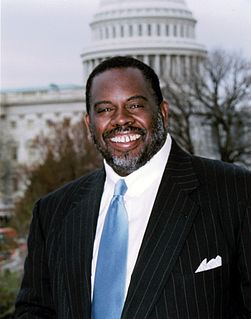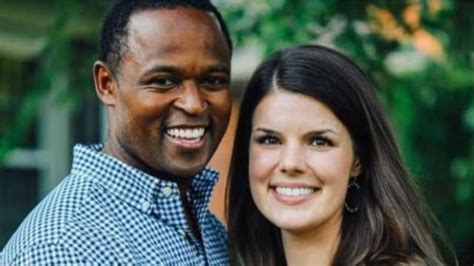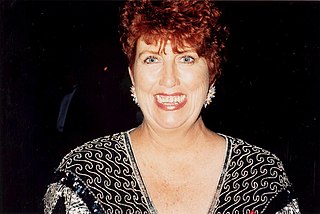A Quote by Donald Rumsfeld
There is no question but that when one is engaged militarily that there are going to be unintended loss of life.
Quote Topics
Related Quotes
No matter how huge your loss, as long as you remain engaged with your life, the best days of your life may still be ahead of you. Don't misunderstand me: the pain of your loss will remain with you for the rest of your life. But great joy will be there right beside it. Deep sorrow and deep joy can exist within you, side by side. At every moment. And it's not confusing. And it's not a conflict.
When you go through hell, your own personal hell, and you have lost - loss of fame, loss of money, loss of career, loss of family, loss of love, loss of your own identity that I experienced in my own life - and you've been able to face the demons that have haunted you... I appreciate everything that I have.
In terms intellectually, [what] shaped my life was the whole Munich thing [the Munich Agreement] that I knew about all my life, in terms of how large powers make decisions that affect small countries, and the unintended consequences of that. The other part is I knew about the Holocaust. l just didn't know that it applied to my family. But that did affect the way I thought about what I was seeing as ethnic cleansing in the Balkans; there's no question about that.


































